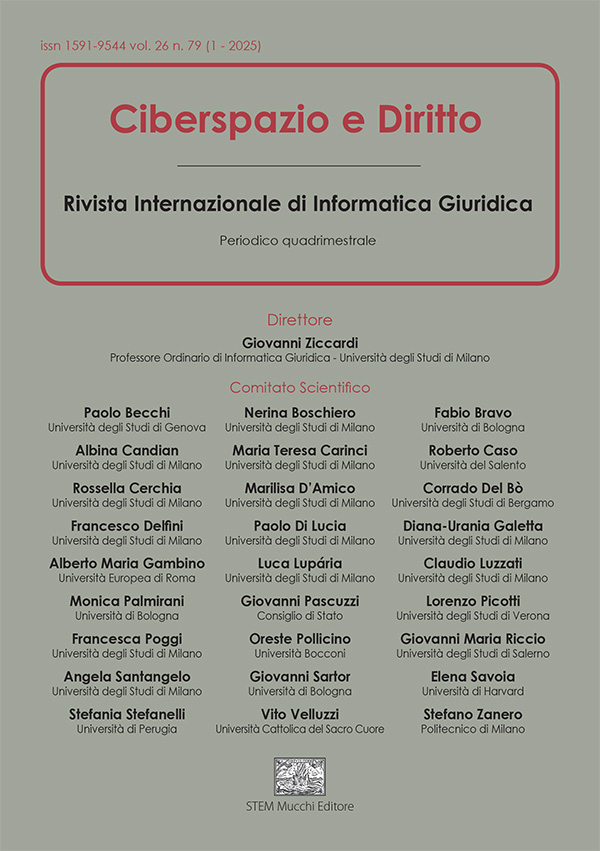Da sempre l’umanità è alla ricerca della verità. La filosofia nata nella Magna Grecia è solamente un momento nel quale questa ricerca è stata in qualche modo organizzata ed etichettata, ma, fin dagli albori della civiltà, espressioni religiose, riti iniziatici, osservazioni della realtà naturale hanno sempre cercato di scoprire le verità che governano il mondo. Tuttavia, molto spesso la verità non è raggiungibile e nascono quindi dicerie, fisime, paure. Oppure la verità non viene accettata, facendo nascere teorie complottiste. Il ruolo del Legislatore è, in questo caso, marginale, dato che non è possibile imporre una verità per legge, anche se questa verità fosse unica e certa. La filosofia del diritto insegna che una norma non può prevedere e regolare ogni situazione reale che possa verificarsi; vale però anche il limite opposto, ovvero non tutti i comportamenti possono essere controllati da una norma. Lo strumento migliore in mano alle democrazie moderne non è, quindi, la censura, ma l’istruzione, che consente ai cittadini di discernere le fonti, di analizzare i fatti, di formare un’opinione fondata sul pensiero critico.
Since the dawn of civilization, religions, initiation rituals, observations of natural reality have always sought to discover the truths that govern the world. Philosophy, born in Magna Graecia, is just one way which that search has been organized and labeled, but there have been many others. The truth can be difficult to pinpoint, however. This gives rise to rumors, fixations, and fears. Or the facts are not accepted, giving rise to conspiracy theories. The role of the Legislator is marginal in such cases, since it is not possible to impose a truth by law, even if this truth were unique and certain. The philosophy of law teaches us that a norm cannot predict and regulate every real situation that may occur; however, the opposite limitation also applies, namely, not all behavior can be controlled by a norm. The best tool in the hands of modern democracies, therefore, is not censorship, but education, which enables citizens to discern sources, analyze facts, and form opinions based on critical thinking.

